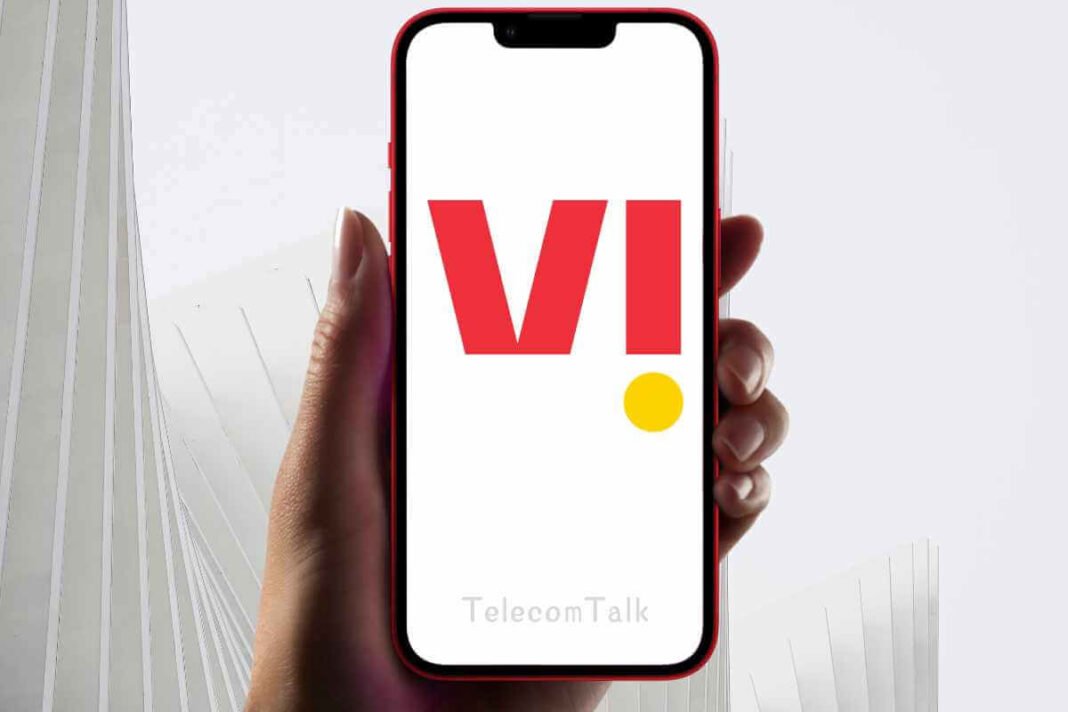In a significant development for public transport users in India’s financial capital, Jio, Airtel, and Vodafone offered IBS Services to the Mumbai Metro Rail Corporation Ltd (MMRCL), marking a step forward in enhancing the commuter experience.
However, the offer comes with complexities. While these leading telecom providers have expressed willingness to support connectivity, they have also raised concerns over the viability of the pricing model currently in place.
Telecom Giants Join Forces for Better Metro Connectivity
Mumbai Metro serves millions of passengers daily, making seamless mobile connectivity inside metro premises not just desirable but essential.
Recognizing this, the three licensed Telecom Service Providers (TSPs) Reliance Jio, Bharti Airtel, and Vodafone Idea have proposed a joint venture to deploy advanced In-Building Solutions (IBS) across Mumbai Metro stations and tunnels.
Despite their readiness, the telecom companies clarified they cannot provide IBS services at the unviable rates proposed by ACES, the company awarded the IBS contract by MMRCL.
Instead, they have suggested a temporary yet collaborative solution offering connectivity free of charge until a mutual agreement is reached on usage terms.
Why IBS Services Are Crucial for Urban Transit
To begin with, In-Building Solutions are vital for ensuring uninterrupted mobile services in enclosed spaces like underground metro stations. Since mobile signals struggle to penetrate thick concrete and metal, IBS fills the connectivity gap by installing signal-boosting equipment throughout the premises.
Consequently, the need for a strong and reliable IBS infrastructure becomes more critical as metro usage rises. With the city’s continuous urban growth, such technological upgrades ensure a better passenger experience and help telecom providers maintain high service standards.
Challenges in Implementing IBS Services
Although Jio, Airtel, and Vodafone offered IBS Services, a major hurdle remains—the pricing model. The telecom companies argue that the rates defined by the selected ACES partner are commercially unsustainable. They emphasized this point in a letter addressed to the MMRCL, reiterating their position from an earlier letter sent in February.
Rather than completely pulling back, the telecom companies presented a constructive alternative. They expressed readiness to install their equipment at their own cost as a stopgap solution. According to them, this would serve users until both parties can finalize an agreement that ensures fair compensation and long-term sustainability.
A Practical Interim Solution
The letter read, “In order to avoid inconvenience to your customers, we propose to offer connectivity to the IBS network of ACES by installing our equipment… purely on a Free of Cost (FOC) basis until the time there is an agreement.”
This proactive move not only shows the telecom firms’ dedication to customer satisfaction but also underlines their interest in long-term collaboration. The proposed solution allows the MMRCL to continue offering good connectivity within metro stations while the fine print of the agreement is worked out.
Collaborative Innovation: The Way Forward
Undoubtedly, the joint effort between Jio, Airtel, and Vodafone is a rare but welcome instance of collaboration in a competitive industry. Their willingness to pool resources and implement state-of-the-art IBS technology could pave the way for similar public-private partnerships in future infrastructure projects.
Such initiatives have the potential to bring scalable, high-quality connectivity solutions not just to metro rail systems, but to airports, malls, and other high-density public areas. This model ensures that infrastructure keeps up with rapidly evolving technological needs, benefitting both service providers and the public alike.
Long-Term Benefits for Commuters and Telecom Providers
If MMRCL and the telecom operators successfully align on commercial terms, the benefits will be widespread. Passengers will enjoy consistent mobile services underground—something often taken for granted above ground but currently lacking in metro spaces.

On the business front, telecom providers stand to gain by improving customer satisfaction and expanding their network reach. Moreover, aligning efforts on IBS installations may reduce operational costs and allow for better infrastructure planning in the future.
Jio, Airtel, and Vodafone Offered IBS Services to Bridge the Metro Connectivity Gap
This collaboration stands as an excellent case study of public service enhancement through corporate unity. Although differences in financial terms remain, the willingness to collaborate without delay speaks volumes about the priorities of India’s top telecom players.
In summary, while there are roadblocks ahead, the fact that Jio, Airtel, Vodafone Offered IBS Services at no immediate cost reflects a customer-first approach.
Their joint initiative with MMRCL has the potential to revolutionize how connectivity in transit environments is handled—not only in Mumbai but across urban India.
Expert Editorial Comment
In conclusion, the initiative where Jio, Airtel, and Vodafone offered IBS Services to Mumbai Metro represents a critical step toward transforming commuter connectivity.
While the telecom companies have raised valid concerns about unviable pricing, their willingness to provide free interim services shows a strong commitment to public convenience and infrastructure growth.
This collaborative approach not only addresses the immediate needs of metro passengers but also sets the foundation for a more connected and future-ready transit system.
If both parties can arrive at mutually beneficial terms, this partnership could serve as a benchmark for enhancing public utilities through industry cooperation.

